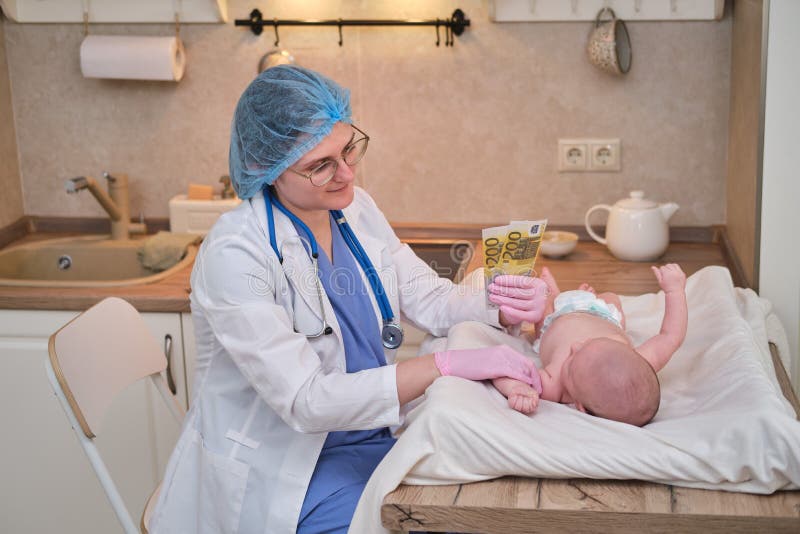
Erythromycin ointment put in his/her eyes to prevent infection.Your baby needs to have a checkup within two–three (2–3) days of going home Newborn proceduresĭuring the first hour after birth, your baby will have: View a list of family doctors accepting newborns.Speak with your nurse on the Mother and Baby Unit if you need help making this appointment. Before you go home, you should arrange for a follow-up visit with your baby's doctor/midwife two–three (2–3) days after you go home. If you have not chosen a doctor/midwife or if your doctor does not have privileges at North York General Hospital, then we will have the paediatrician on call examine your baby. You will need to make arrangements with a doctor to care for your baby (if you are not seeing a midwife) prior to the baby's birth.Īfter you have arrived in the Birthing Centre, be sure to tell your nurse what care provider will be looking after your baby. Some people arrange to have a paediatrician (specialist doctor for children) to become the baby's doctor. It is best to ask your family doctor if they will provide newborn care. See how your baby responds.During the last couple of months of your pregnancy, you will need to choose a doctor, or perhaps it will be your midwife, who will arrange to provide medical care to your baby once it is born. Be sure to continue encouraging baby's development by playing peek-a-boo and making faces and different sounds. You may be feeling a little more relaxed now since you're beginning to understand your baby's reactions. To relieve pain, let baby chew on a clean, wet washcloth that has been in the freezer for a half hour.Rubbing your baby's gums with a clean finger may ease the pain.


Give your baby a 2nd round of vaccines (DTaP, Hib, polio, PCV, and rotavirus).Check your baby's weight, length, and head circumference.Here's what to expect at your baby's 4-month checkup. You'll probably have a lot of questions for your baby's doctor at this visit. Their birth weight may have almost doubled. By now, your baby may be smiling, laughing, and cooing.


 0 kommentar(er)
0 kommentar(er)
